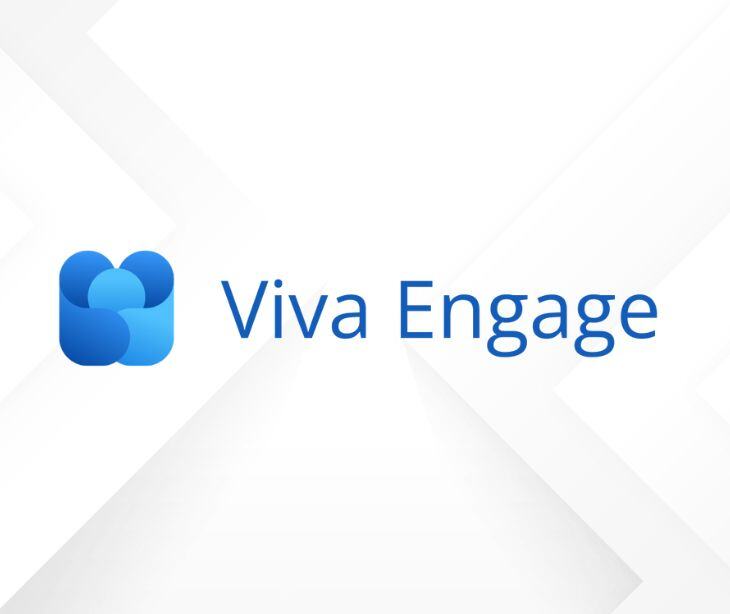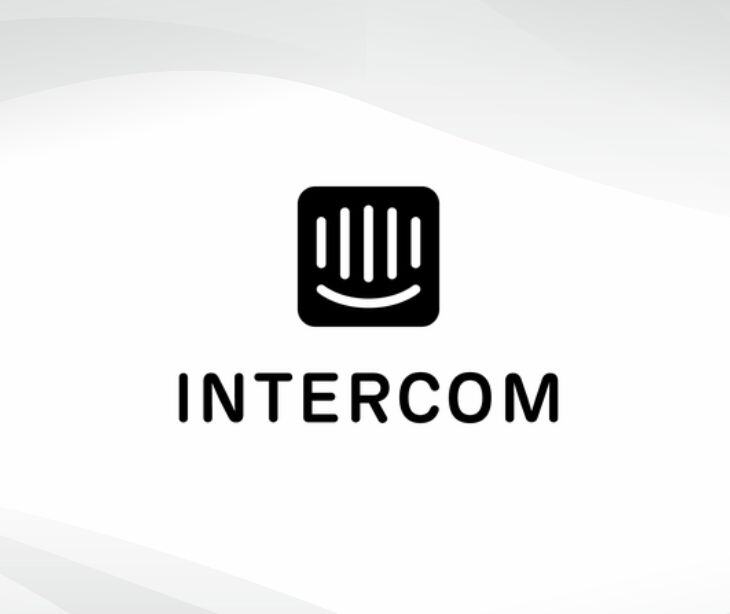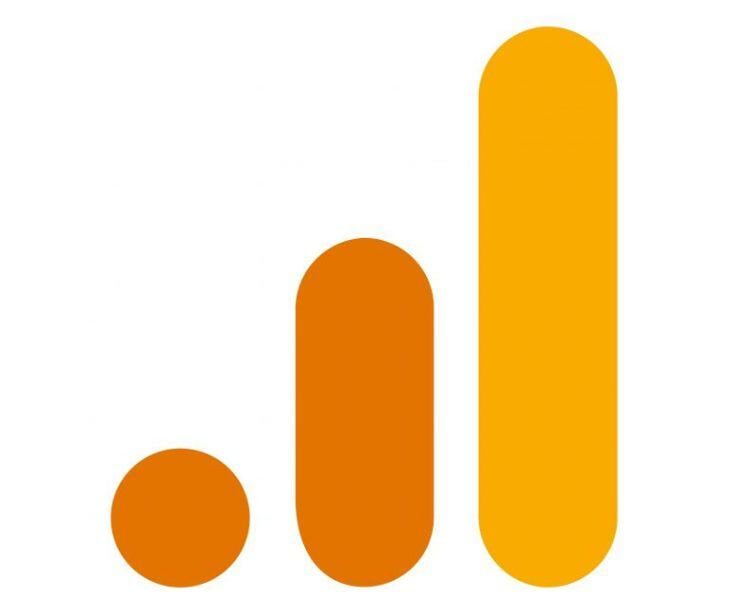
UiPath is a leading robotic process automation (RPA) platform enabling organizations to automate repetitive tasks and streamline operations.
UiPath caters to a diverse range of industries, including healthcare, finance, and manufacturing, helping businesses streamline their operations and improve overall efficiency.
Is UiPath HIPAA compliant? Yes, based on our research, UiPath can be HIPAA compliant.
Will UiPath sign a business associate agreement (BAA)?
Yes, UiPath will sign a business associate agreement, which can be reviewed here.
What does the UiPath BAA cover?
The Braze BAA covers the use and disclosure of protected health information (PHI), stating, “Business Associate agrees to: Not use or disclose PHI other than as permitted or required by this BAA or as Required By Law. Use appropriate safeguards to prevent use or disclosure of the PHI other than as provided for by this BAA”
Their BAA covers:
- Protection of PHI
- Appropriate safeguards
- Reporting and improper use or disclosure of PHI
- Audit logs
- Compliance training
Conclusion
UiPath signs a BAA and is, therefore, HIPAA compliant.
Learn more: HIPAA Compliant Email: The Definitive Guide
FAQS
What is a business associate agreement?
A business associate agreement (BAA) is a legally binding contract establishing a relationship between a covered entity under the Health Insurance Portability and Accountability Act (HIPAA) and its business associates. The purpose of this agreement is to ensure the proper protection of personal health information (PHI) as required by HIPAA regulations.
What is HIPAA?
The Health Insurance Portability and Accountability Act (HIPAA) sets national standards for protecting the privacy and security of certain health information, known as protected health information (PHI).
HIPAA is designed to protect the privacy and security of individuals’ health information and to ensure that healthcare providers and insurers can securely exchange electronic health information. Violations of HIPAA can result in significant fines and penalties for covered entities.
Who does HIPAA apply to?
HIPAA applies to covered entities, which include healthcare providers, health plans, and healthcare clearinghouses. It also applies to business associates of these covered entities. These are entities that perform certain functions or activities on behalf of the covered entity.
Subscribe to Paubox Weekly
Every Friday we bring you the most important news from Paubox. Our aim is to make you smarter, faster.




